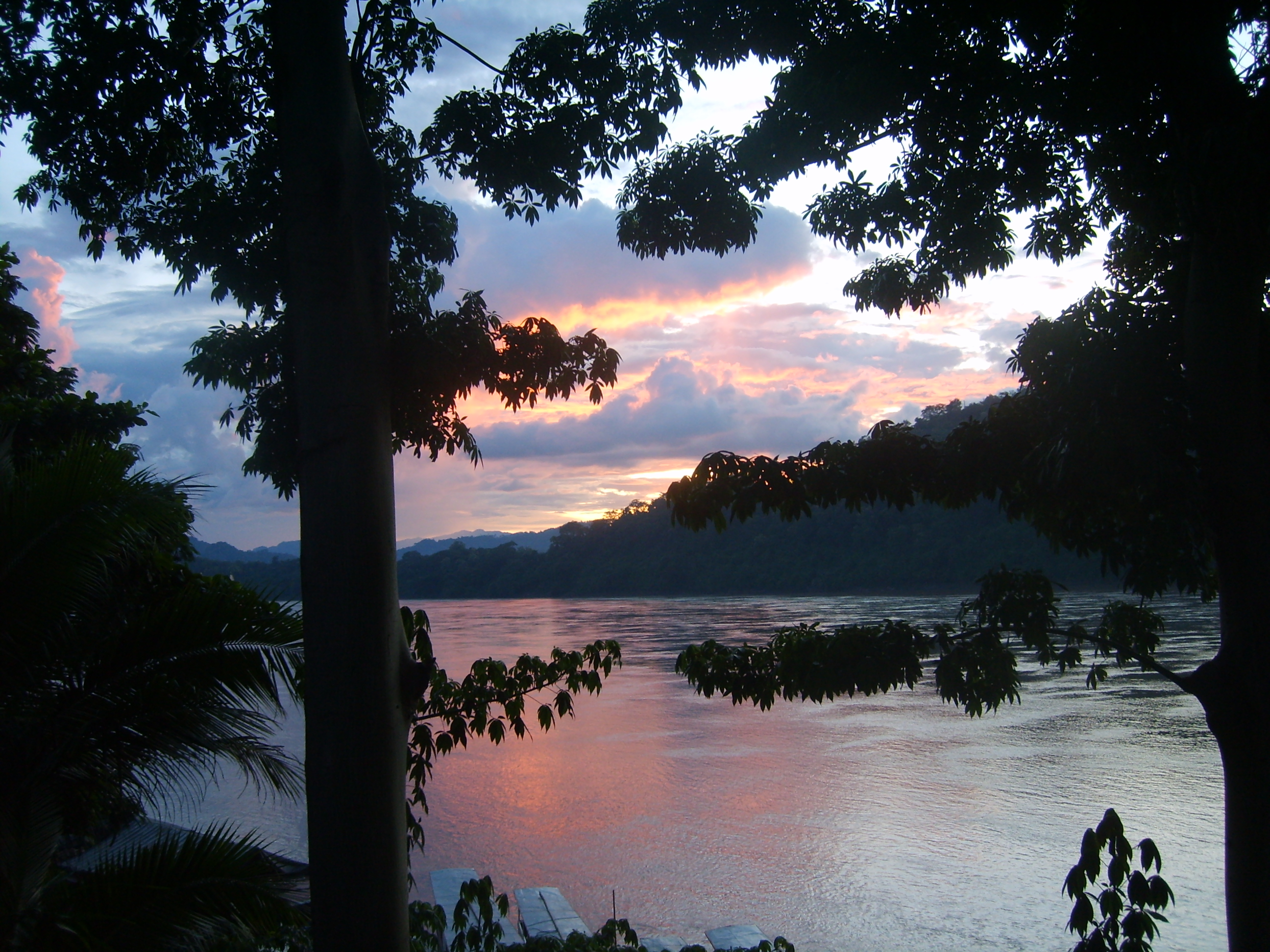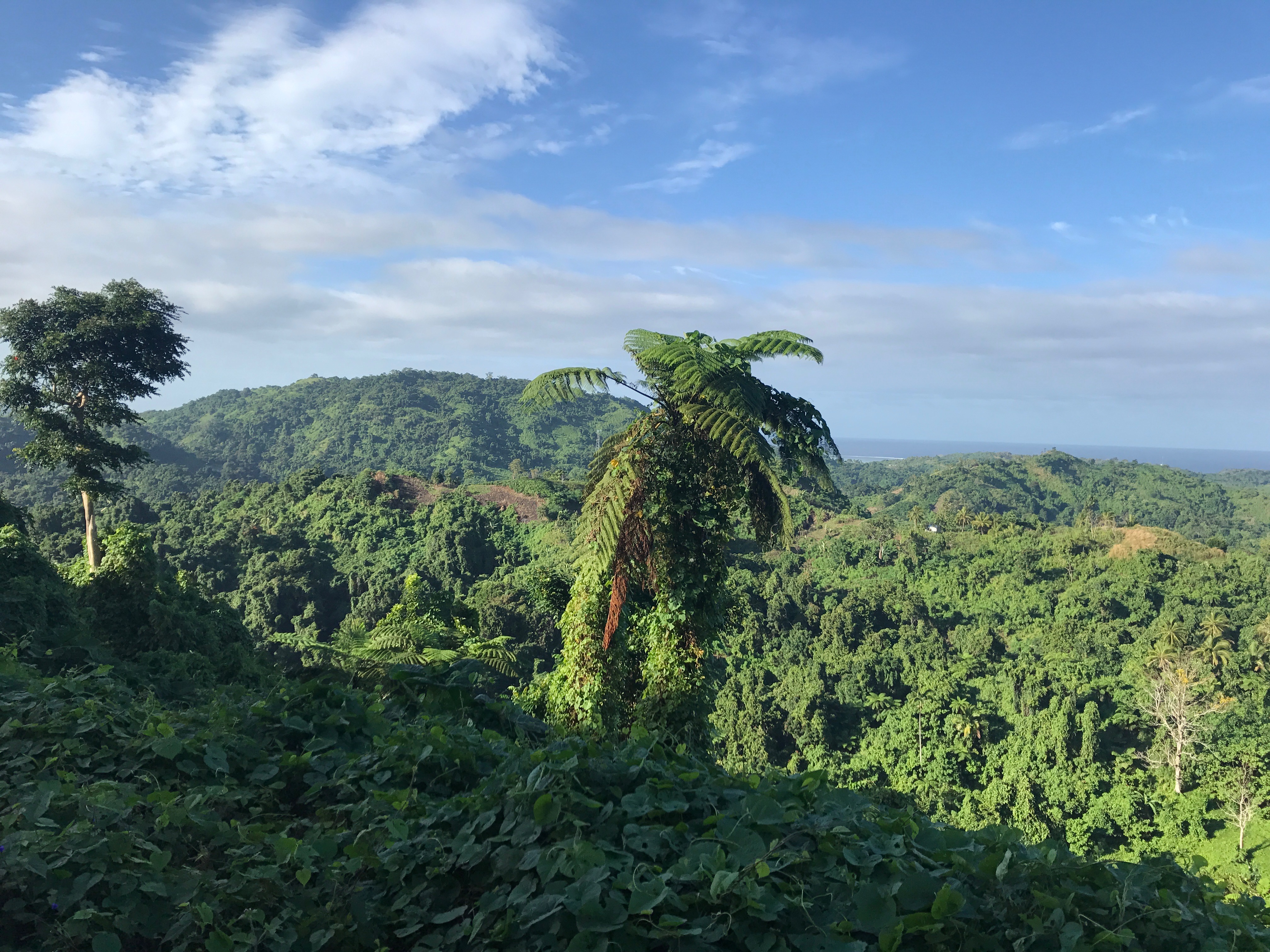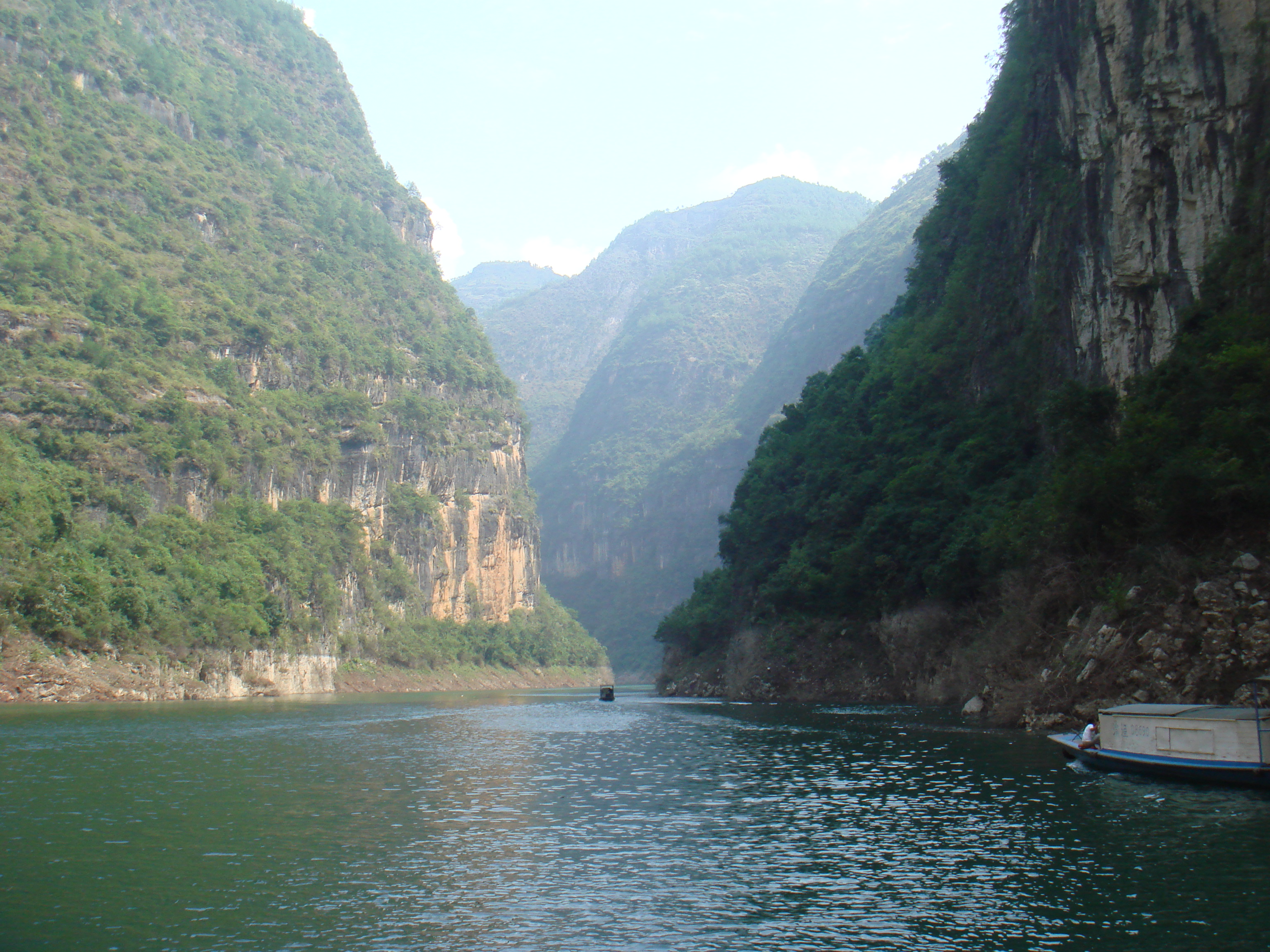Drifting down to Li River and cycling in Yangshou

Summary
The area around the Li River by Yanhshou has some of the most beautiful picture-perfect scenery in the world, let alone China. But, as with all things in China, it is usually extremely busy. It’s hard to avoid the crowds and boats on the river itself, but the two ways I’d suggest to feel a bit more a serene experience away from the thousands of fellow tourists are:
- Jump on a bike (can rent in various places, but Bike Asia was good) and head off to cycle around the surrounding areas of Yangshou and through some of the dreamy valleys
- Stay in a place either on the outskirts or outside of Yangshou (the town is very commercialised and busy in placed)
Don’t let the crowded town put you off though. The combination of cycling the valleys and drifting down the river is one of the premier experiences in China
Extra tip – see if you can start start your trip in Guilin as it is one of the prettier Chinese cities. There is also the day trip from here to the beguiling Dragon’s Backbone Rice Terraces (travel entry here –The Dragon’s Backbone Rice Terraces)
highlights

#1 The trip down the river watching the stunning karst landscape drift by

#2 Cycling through the little lanes that criss-cross the countryside just outside of Yangshou

#3 Starting off in the quite pretty city of Guilin, with its gorgeous setting

#4 Seeing the traditional cormorant fishing . . . they really do catch the fish and bring them back which is amazing to see for the first time
A few tips for travelling in China
- China is vast – both in terms of its sheer land area, population, economy, but also its history and culture. You could spend a lifetime travelling China and still only scrape the surface. Very much like a continent on its own and, in recommending a book to read or movie to watch, it’s a bit like recommending a book to read on “Europe”. However, I did find that the book Wild Swans by Jung Chang, gave me good context on modern Chinese history. The book tells the true story of 3 generations of women living in China from 1909 to modern day and I’d highly recommend
- The Chinese people – it’s often difficult to interact with locals in China – there are certainly strong cultural differences that go deeper than you would experience in most other parts of the world, but the main problem is of course the language. Get out google translate for simultaneous translation. You’ll be surprised how keen the locals will be to speak to you, and just how interesting you may find their stories
- Frustrations – travelling in China can often be difficult . . . scream-out-loud, pull-all-your-hair-out, call everyone a c**t, never-ever-going-back style difficult. The language barrier, the often radically different way of doing things, the combo of an often world leading digital country mixed in with archaically manual processes can all make it feel at times like a challenge rather than a joy. I lived in China for 2 years and experienced a lot of these frustrations. My advice is simply to go with it, its all part of the adventure, and above all don’t lose your temper. Shouting at someone or generally showing frustration will just be viewed by the Chinese as embarrassing and, at worst, a loss of face for them, which means you’ve got very little chance of them helping you. Patience, politeness and a smile will often see them wanting to help you. They’re not trying to be difficult . . . most of the time 🙂
Experiences nearby

The below map shows experiences nearby with a colour that reflect the Overall Score of those experiences
Score Detail
Background - how many times have you asked someone what a travel experience was like and the response was "amazing" or "awesome"? That response is nice to know, but it makes it hard to differentiate that experience compared to others. That is exactly what these scores are trying to do - differentiate the experience by giving a score out of 10 based on 6 categories and then giving an overall experience score
This overall experience score is calculated by: take the highest of the "Culture" or "Nature" score (1-10) + "Fun factor" (1-10) + "Avoiding the crowds" (1-10) + highest of the "Unique" or "World Famous score" (1-10). Then convert into a score out of 100
Extra detail - the logic being that I find all of the 6 individual scores important, but I don't want to mark an experience down just because it doesn't cover both "Culture" and "Nature", or because it isn't both "World Famous" and "Unique". Take the examples of Safari in The Serengeti and walking through Rome - they both appeal at opposite ends of the nature / culture spectrum, and you can have a fantastic time without needing to appeal to both sides. So, their overall scores aren't penalized for their lack of one or the other, and I've done the same for "World Famous" vs "Unique". But . . . I do think that the "Fun factor" of an experience is important, irrelevant of other factors, and so is "Avoiding the Crowds" (or where there are crowds that add to the experience). So, both of these scores are standalone
















